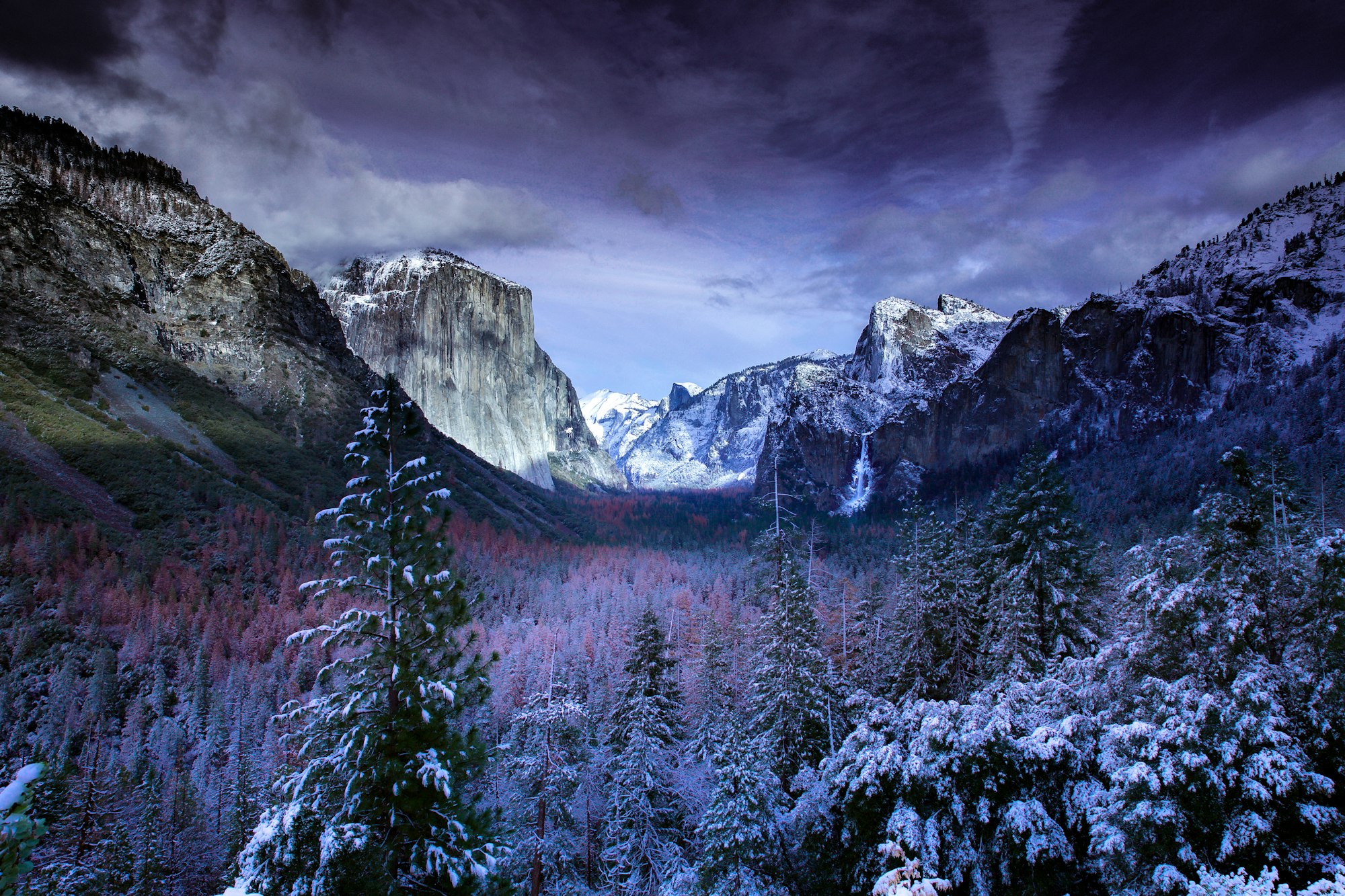How to begin a new year
When we bring our innocence, we find ourselves on solid ground.

I’ve been thinking about how to begin this new year.
How do we begin knowing that we will write only a small verse this year in the long, imperceptible work of bending our reality in the direction of our future?
Our one verse can feel almost insignificant, especially when we are aware of the odds: the persistence of broken systems, the current instantiations of long-buried traumas, the inexorable march of climate change. It’s enough to exhaust us and burn us out.
But it is also inspiring to believe that we can contribute at all to this long, imperceptible work. There is agency in knowing we are the worthy authors of our specific verse, and that if we don’t contribute, the long poem won’t ever be written the way it was supposed to.
There is a part of me that is burnt out: the part that has stood in the space between what is and what should be, and has tried to bridge that stubborn gap. This is the liminal space that I, and the Uncharted team, are proud to stand in. It is the space of taking the long view and believing in radical solutions and overlooked people, the space of saying again and again that the span of one generation is both a long amount of time and a short amount of time, especially when measured in the chronology of social change. So we ought to increase our patience, extend our time-horizons, and release the pressure of needing immediate results.
This part of me is burnt out, but it is also still fully alive knowing that we are the ones who get to write this verse.
Perhaps any effort to bend reality in the direction of a future is bound to burn us out. Perhaps it is inevitable that we will find ourselves trading in our idealism for wisdom, our soft innocence for gritty experience.
But I worry the more I let reality shape me, the more something is lost. We are socialized to believe that the solid ground beneath our feet is called realism, not audacity or idealism. To grow up is to shed our innocence.
The poet David Whyte suggests that innocence is not something we permanently lose, but rather the ability to find ourselves in the world again, and so he asks, “Where in your life can you have an unprotected conversation with the world?”
The clicking of the calendar into the new year is but an arbitrary reset, a separation between the stanzas of 2021 and 2022, but it provides us the chance to be innocent again.
When we bring our innocence, we find ourselves on solid ground. We are in contact with the truth.
May we begin with innocence.
May we be in contact with the truth.
May we dare to believe in what’s possible.
May we trust that the long, imperceptible work is unfolding.
